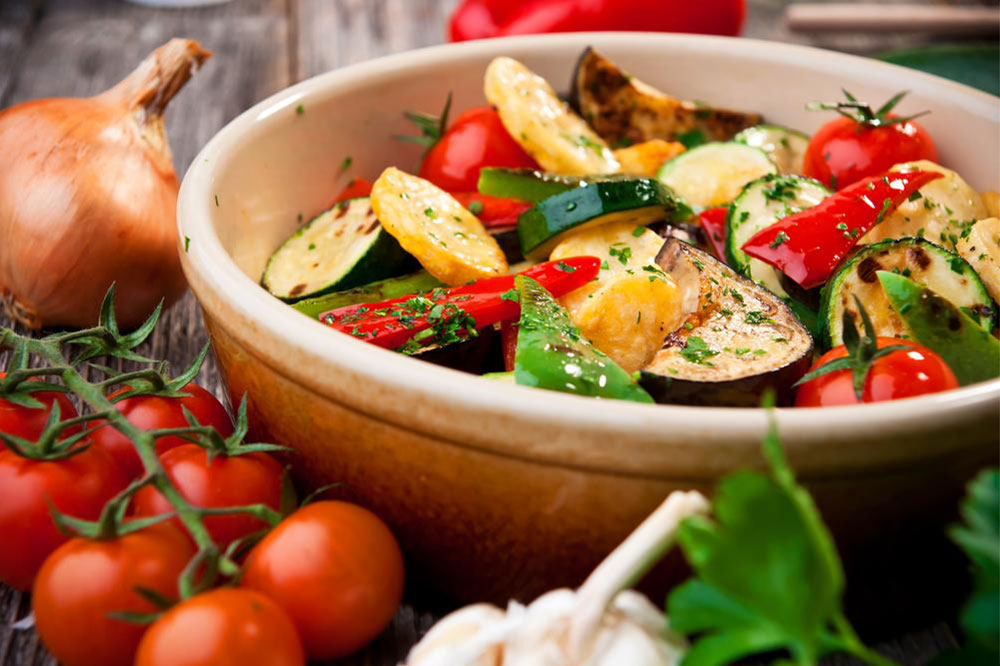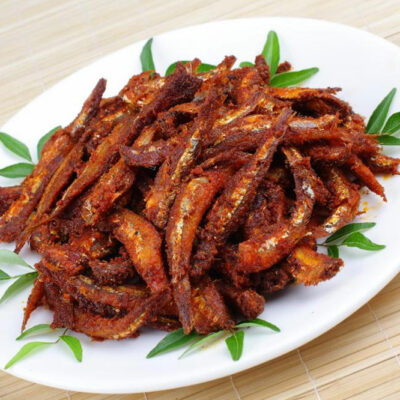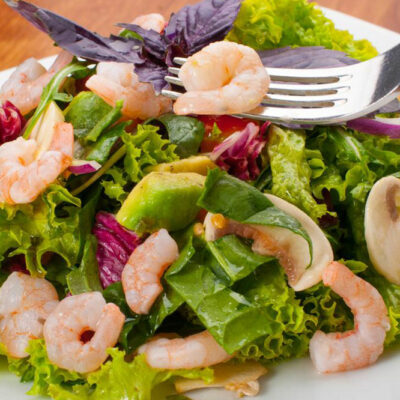
6 Foods That Help Soothe IBS Symptoms Naturally
Irritable Bowel Syndrome (IBS) can interfere with a person’s daily life, making it difficult for them to lead a normal life. Not everyone has the same triggers or symptoms, so understanding one’s triggers is the first step to managing the condition. In this regard, one of the biggest challenges patients face is identifying the foods that trigger the symptoms. Adding the following natural foods that can help manage IBS to one’s daily diet can help manage it effectively:
- Whole grain bread and cereals : Fiber-rich foods are the best natural foods that can help manage IBS. One can get about 4 grams of fiber with every serving of whole grains, but it’s important to ensure that one isn’t gluten-sensitive. Depending on the symptoms experienced, one must add fiber gradually to their diet. Also, it’s advisable to spread the consumption of fibrous foods throughout the day rather than in one meal. This way, the intestines can digest the fiber better, and one should also drink enough water to improve fiber digestion.
- Vegetables and eggs : Those with IBS must avoid cruciferous vegetables like broccoli, cauliflower, and cabbage, but they can load up on natural foods that can help manage IBS, like eggplant, green beans, celery, spinach, and carrots.
- Herbs : One can flavor their dishes with herbs like coriander, chili, ginger, basil, mint, parsley, and rosemary.
- Eggs : If one does not have a sensitivity to eggs, it is one of the best foods to consume and can give a boost in terms of nutrition. It can be prepared in several ways and is easily digestible, which makes it a great option for people with IBS.
- Yogurt and kefir : Fermented foods contain several natural strains of probiotics that are beneficial for gut health, and a healthy gut means improved immunity that helps fight infections. Fermented foods like kefir, yogurt, and kombucha help manage the symptoms of IBS. If buying store-bought versions of these foods, it’s advisable to check for added sugar. These foods help build strong immunity, which is vital for those struggling with IBS. Foods like sauerkraut and kimchi can also be included in the diet for a daily dose of probiotics.
- Healthy fats with fatty fish and nuts and seeds : These foods are great sources of protein and fiber, and they have high amounts of anti-inflammatory fatty acids. They are a powerhouse of nutrients, making them the best foods for IBS patients. These natural foods that can help manage IBS make an individual feel satiated for longer and also lower cholesterol levels. Additionally, they help improve gut health, making it the most beneficial foods for people with IBS.
Once an individual identifies their triggers, they can formulate a diet plan and avoid consuming any trigger foods to manage the symptoms of IBS.


